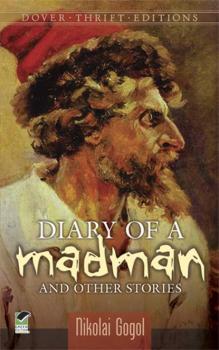ТОП просматриваемых книг сайта:
Dover Thrift Editions
Скачать книги из серии Dover Thrift EditionsАннотация
Информация о книге
Автор произведения Кристина Россетти
Жанр Зарубежные стихи
Серия Dover Thrift Editions
Аннотация
Информация о книге
Автор произведения E.E. Cummings
Жанр Зарубежная классика
Серия Dover Thrift Editions
Аннотация
Информация о книге
Автор произведения G. K. Chesterton
Жанр Зарубежная классика
Серия Dover Thrift Editions
Аннотация
Аннотация
Информация о книге
Автор произведения Николай Гоголь
Жанр Зарубежная классика
Серия Dover Thrift Editions
Аннотация
Аннотация
Аннотация
Информация о книге
Автор произведения Группа авторов
Жанр Зарубежная классика
Серия Dover Thrift Editions
Аннотация
Аннотация
Информация о книге
Автор произведения Николай Гоголь
Жанр Зарубежная классика
Серия Dover Thrift Editions










